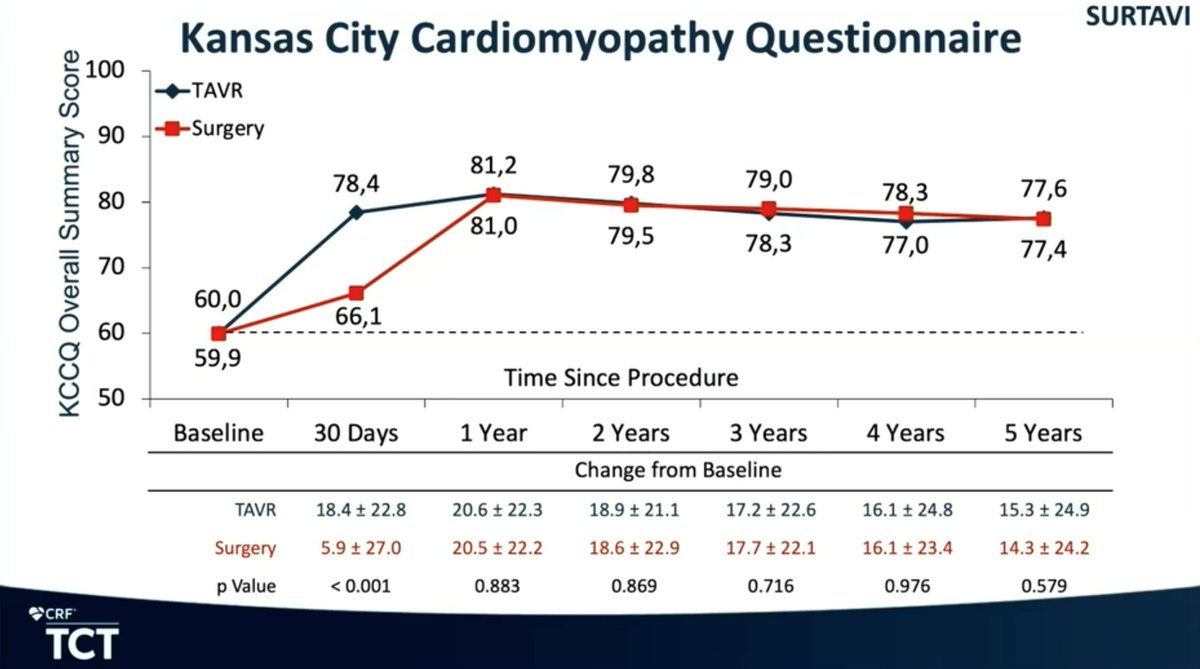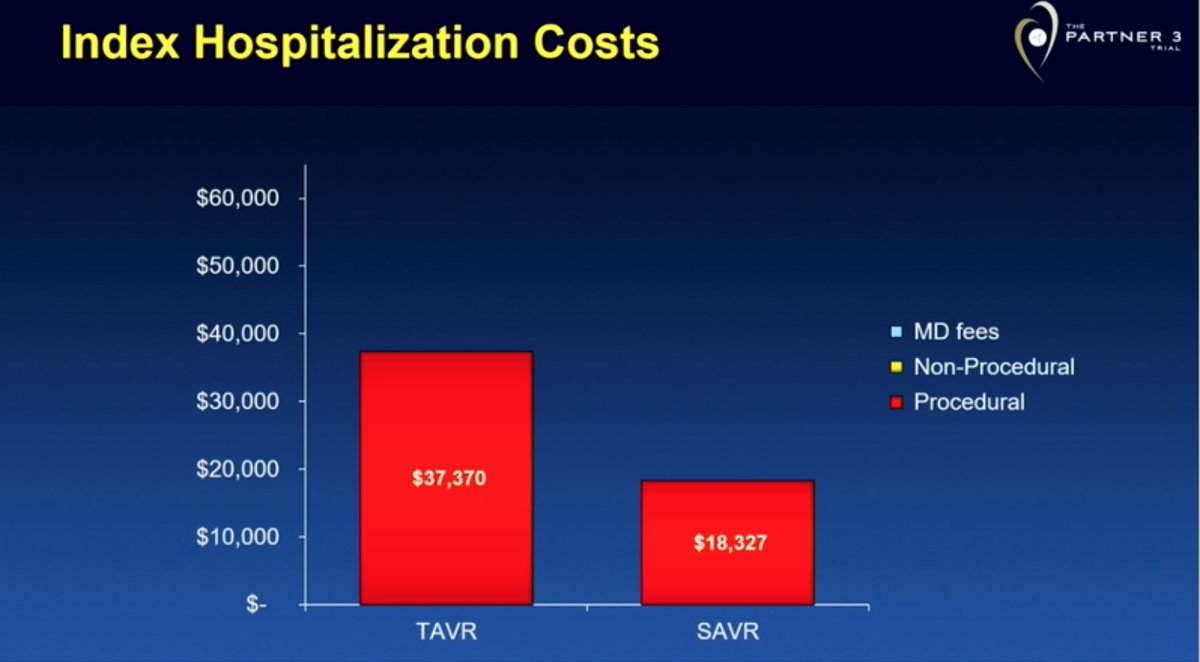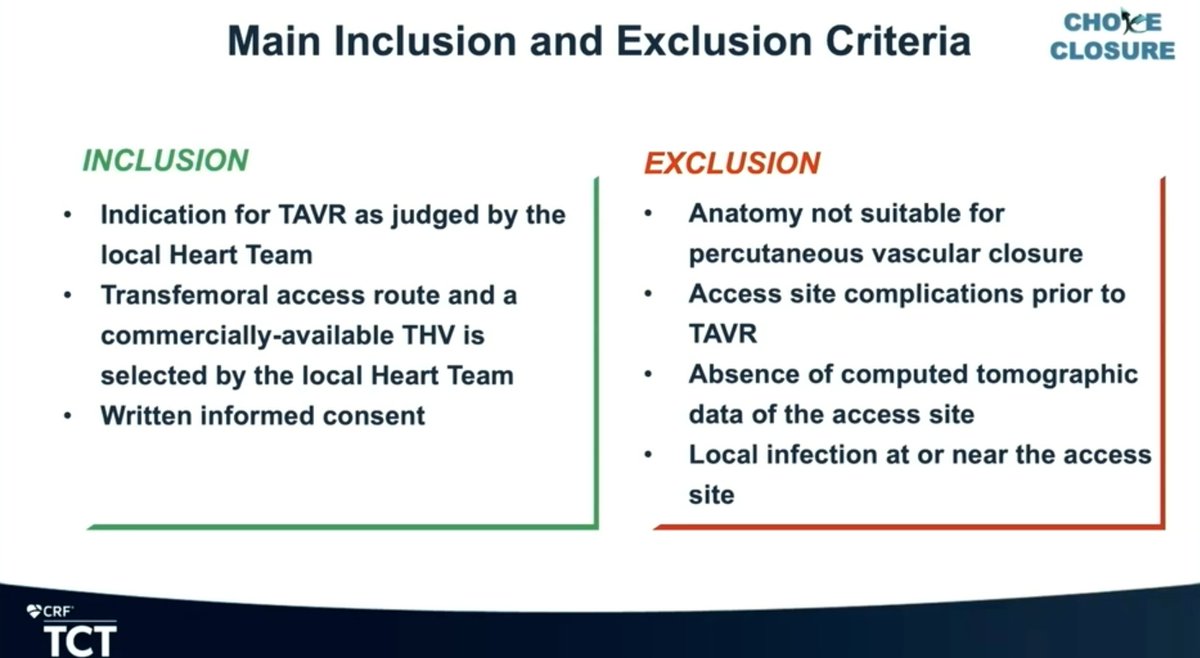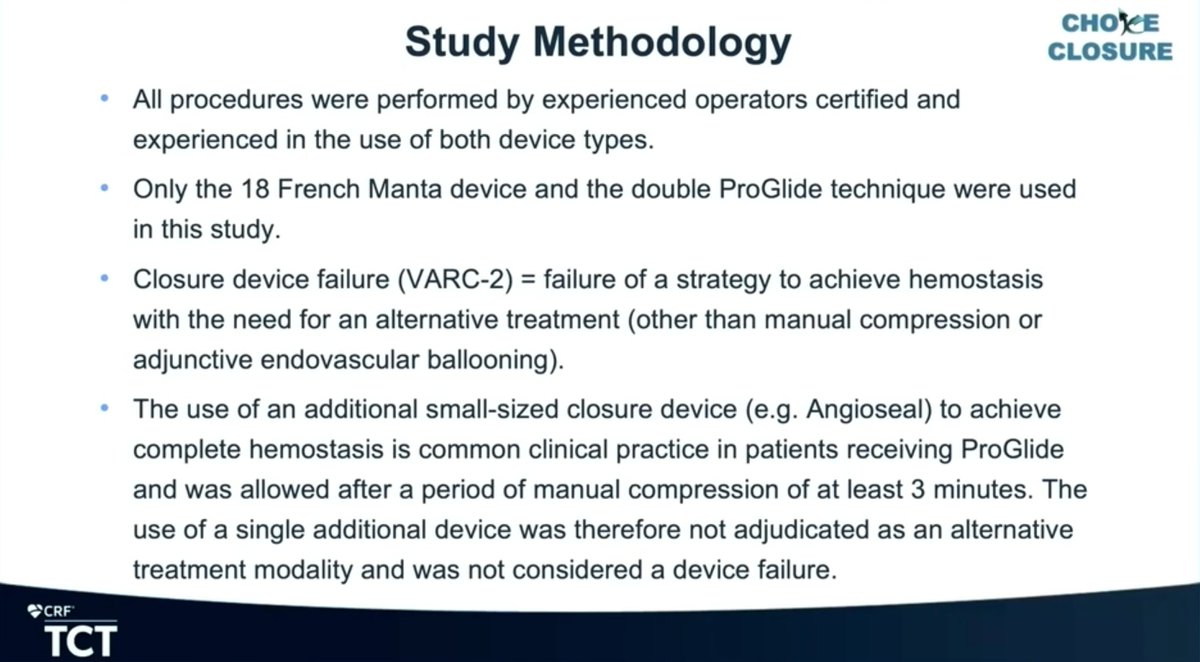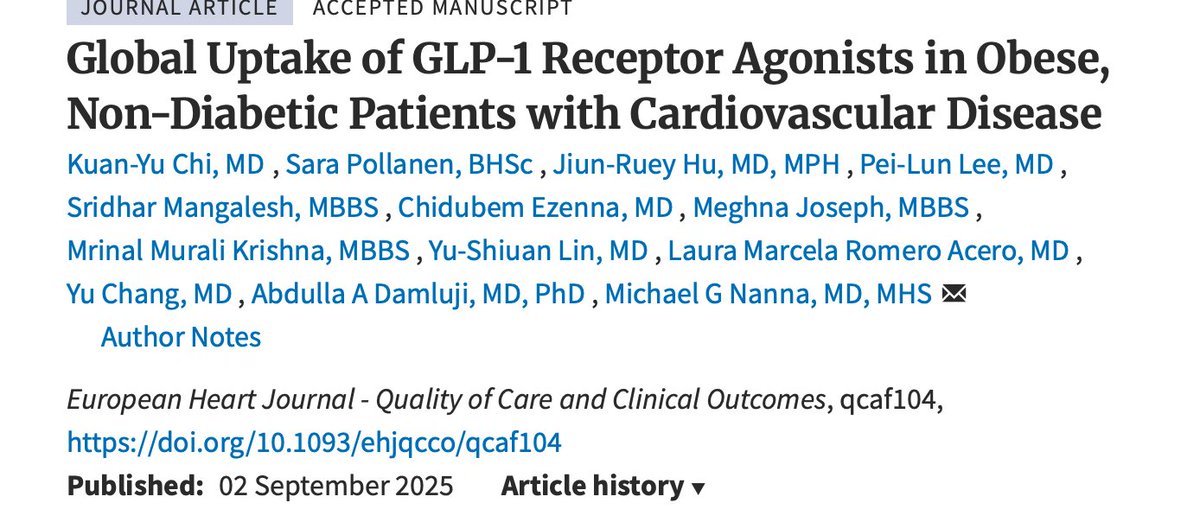SURTAVI
No differences in death ,stroke, MI, or HF between TAVR and Surgery during longer follow-up
#TCT2021



No differences in death ,stroke, MI, or HF between TAVR and Surgery during longer follow-up
#TCT2021




Economic outcomes of PARTNER #3
@djc795
Cost effectiveness study along side of PARTNER 3 trial
funded by Edwards

@djc795
Cost effectiveness study along side of PARTNER 3 trial
funded by Edwards


Summary!
84% CI that we will improve outcomes and at the same time achieve cost effectiveness.
10 year outcomes will affect cost effectiveness - to come...
Outstanding presentation @djc795 @DrMauricioCohen
#TCT2021


84% CI that we will improve outcomes and at the same time achieve cost effectiveness.
10 year outcomes will affect cost effectiveness - to come...
Outstanding presentation @djc795 @DrMauricioCohen
#TCT2021



"When mortality rate is the same between SAVR and TAVR: patient preference is what matter next."
"No one wants a sternotomy."
@djc795
#TCT2021
"No one wants a sternotomy."
@djc795
#TCT2021
CHOICE CLOSURE
Vascular Closure for TAVR but this also applies to shock space also (Safety Bundle)
#TCT2021
@Radial_ICG @behnam_tehrani @agtruesdell @ShashankSinhaMD @JACCJournals

Vascular Closure for TAVR but this also applies to shock space also (Safety Bundle)
#TCT2021
@Radial_ICG @behnam_tehrani @agtruesdell @ShashankSinhaMD @JACCJournals


Available Evidence
Aim Choice Closure
Randomization: pure plug based vs primary suture based
#TCT2021


Aim Choice Closure
Randomization: pure plug based vs primary suture based
#TCT2021



Baseline Results
Vessel Characteristics
Procedural Details
Low ultrasound use?! @Radial_ICG
#TCT2021


Vessel Characteristics
Procedural Details
Low ultrasound use?! @Radial_ICG
#TCT2021



Conclusion
Excellent trial @Mo_A_W
Applies to shock too
***Editorializing: Losing the wire access with MANTA is a big problem.
#SafetyBundle
#TCT2021
Excellent trial @Mo_A_W
Applies to shock too
***Editorializing: Losing the wire access with MANTA is a big problem.
#SafetyBundle
#TCT2021

Comparison of a Pure Plug-Based versus a Primary Suture-Based Vascular Closure Device Strategy for Transfemoral Transcatheter Aortic Valve Replacement: The CHOICE-CLOSURE Randomized Clinical Trial
@CircAHA
ahajournals.org/doi/abs/10.116…
@CircAHA
ahajournals.org/doi/abs/10.116…
• • •
Missing some Tweet in this thread? You can try to
force a refresh



